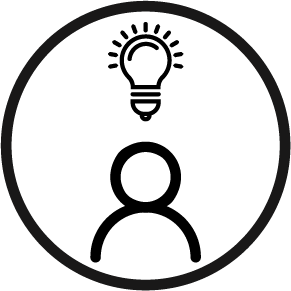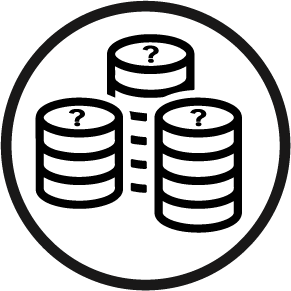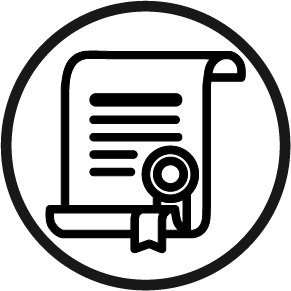Course information
Short Summary:
This course provides an introduction on the inclusion of Old People in the humanitarian emergency responses.
Course short name:
HOPE English
Hide course from catalogue: No
Topic: Humanitarian Essentials, Programmatic Support, Technical Sectors
Management Essentials:
Safety and Security:
Programmatic Support: Communications, Logistics, Monitoring and evaluation, Programme design
Technical Sectors: Cash and voucher assistance / cash transfer programming, Disaster management and risk reduction, Food security and nutrition, Health, Protection, Shelter
Humanitarian Essentials: Diversity and equality, Principles, practices and standards
Language: English
Format: Online self-directed
Provider: HelpAge International
Region: Global
Compatibility: Offline, Tablet, Smartphone
Welcome to the Helping Older People in Emergencies (HOPE)
This self-guided course is divided into five modules to increase the knowledge on the inclusion of old people in the humanitarian action.
 | Is this course for me? |
|---|---|
| This course is designed for any staff and volunteers in humanitarian organisations at community, local, national or international level, including programme management staff and senior staff, with little knowledge of ageing or working with older people in humanitarian contexts. It is a self-guided and self-paced online course. | |
 | How will I benefit from this course? |
On completion of this course you will:
| |
 | How long will it take? |
| This course should take you around 2.5 hours to complete. | |
 | How much does it cost? |
| This course is free! | |
 | Will I get a certificate at the end? |
| Yes - you will be able to download a certificate once you have have completed all of the modules within the course. | |
 | How do I start? |
| Scroll to the top of the page and click on the I agree - Join course button. This will take you through to the course content. You don't need to complete the course in one go - you can always continue later from where you left off. |
Data Protection
This course was created by the HelpAge International, who monitor use of this course to ensure it is fit for purpose. This means that staff members in the HelpAge International will be able to see the name you use on Kaya and any professional information you have given us. All this data will be anonymised before it is used for any analysis or reporting.
If you have any questions about this, please email info@helpage.org

